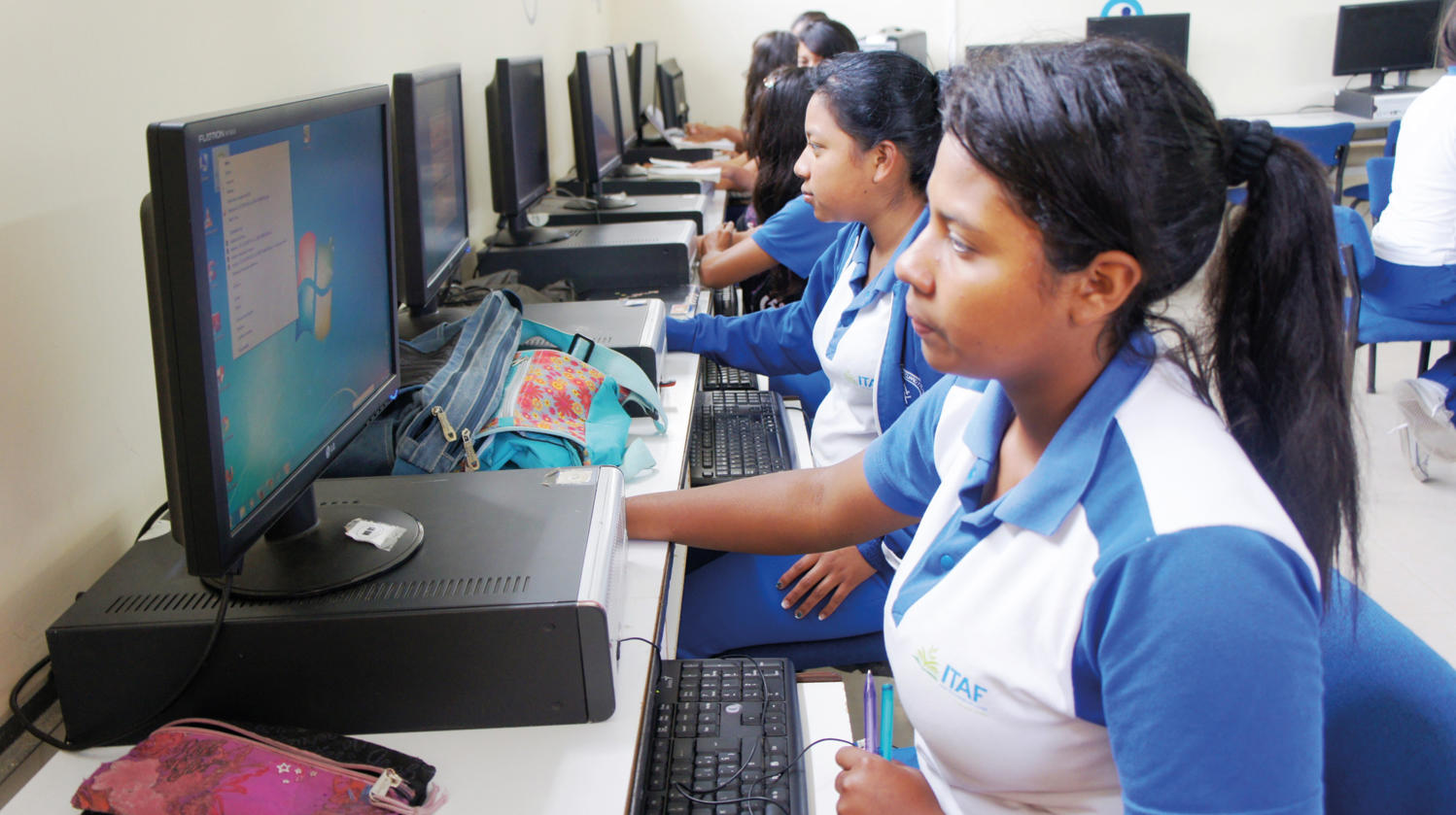Smurfit Kappa: Assessment Smurfit Kappa’s Technical, Agricultural, Livestock and Forestry Institutes

Colombia faces significant challenges in meeting quality education standards. In rural areas the situation is aggravated by the absence of a tailored educational approach, the presence of illegal armed groups, few access roads, and little State presence to provide quality basic services such as health and education.
When Smurfit Kappa began operating in these areas, the company recognized these social issues as risks to business operations; for example, secondary education ensures the presence of a pool of skilled potential employees and peace is a key factor for successful and sustainable business operations.
In order to address these issues, in 1983 the Smurfit Kappa Colombia Foundation started providing education through three Technical, Agricultural, Livestock and Forestry Institutes (ITAFs). The tailored curriculum provides technical competencies alongside basic, citizenship, labor and entrepreneurial skills to children from rural areas.
The purpose of undertaking the annual social impact assessment is:
- To report back to internal stakeholders and investors on the positive and any negative impacts of the project.
- As an external communication piece to local stakeholders and the Ministry of Education in Colombia to show evidence of the benefits of providing tailored education to children in rural areas. This has a reputational benefit for the company and therefore enhances the local enabling environment.
- No
- Project
- Qualitative
- Quantitative
- Colombia
- Skills & knowledge
- Direct operations
- Forest and Paper products
Key findings
The main stakeholder groups impacted by the project are:
- ITAF students, their families and communities—550 youths per year aged 11-17 and their families (48% women), on average, from rural populations.
- Local partners—Municipalities, universities, agricultural associations.
Smurfit Kappa will keep assessing the socio-economic impacts of the ITAF programs on a yearly basis, as the data captured provides important information to Smurfit Kappa on performance, provides reputational returns to the company, and helps maintain investor interest.
Access to a skilled workforce and peaceful, reliable supply chains are key material issues for companies operating in Colombia. Through this study, Smurfit Kappa can demonstrate to the local government the benefits of investment in rural education and specifically investment in the ITAF approach of having different models for rural and urban education.
